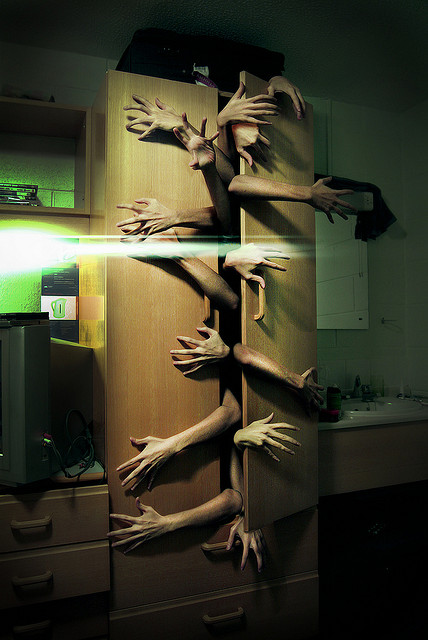Self-care is a foundation for emotional health. This includes taking inventory of our grief.
Memory is sometimes a cluttered closet into which we throw painful episodes we just don’t have the energy to deal with at the moment. As the closet fills up, experiences we thought we had pushed out of sight behind the closed door, can spill out into the room.
This is something we see often. Someone from whom you had hoped to experience love, betrays you. If you lack the perhaps the experience, perhaps the skill, or perhaps the emotioal strength to set boundaries and assert your right to be honored, you collapsed under a weight of emotional baggage. Years of pain come spilling out of the closet.
More healthy adults have the ability to set boundaries and require that everyone treat them with the dignity and the respect all people deserve. But when we experience episodes of neglect or abuse as children, we push our feelings into the closet.
There they remain. The details of the events fade, so deeply are they buried beneath the clutter. But the hurt remains.
Later, when we encounter a moment that calls to mind that childhood hurt. The rush of grief overtakes and overwhelms.
One of the more healthful practices you can begin, is the daily work of cleaning out your emotional closet.
When you experience hurt, loss, or disappointment, give yourself permission to feel the feeling in the moment in which you experience it. Feel it as fully as you can. Let it out, then let it go.
If the pain involves a person, address it. If you lack the confidence to address it directly, find support from someone — like a LifeStar therapist — who can help you clean your closet and keep it clean.
Life is hard. Life’s challenges are more manageable when you process the emotional challenges in small bites, each and every day.

